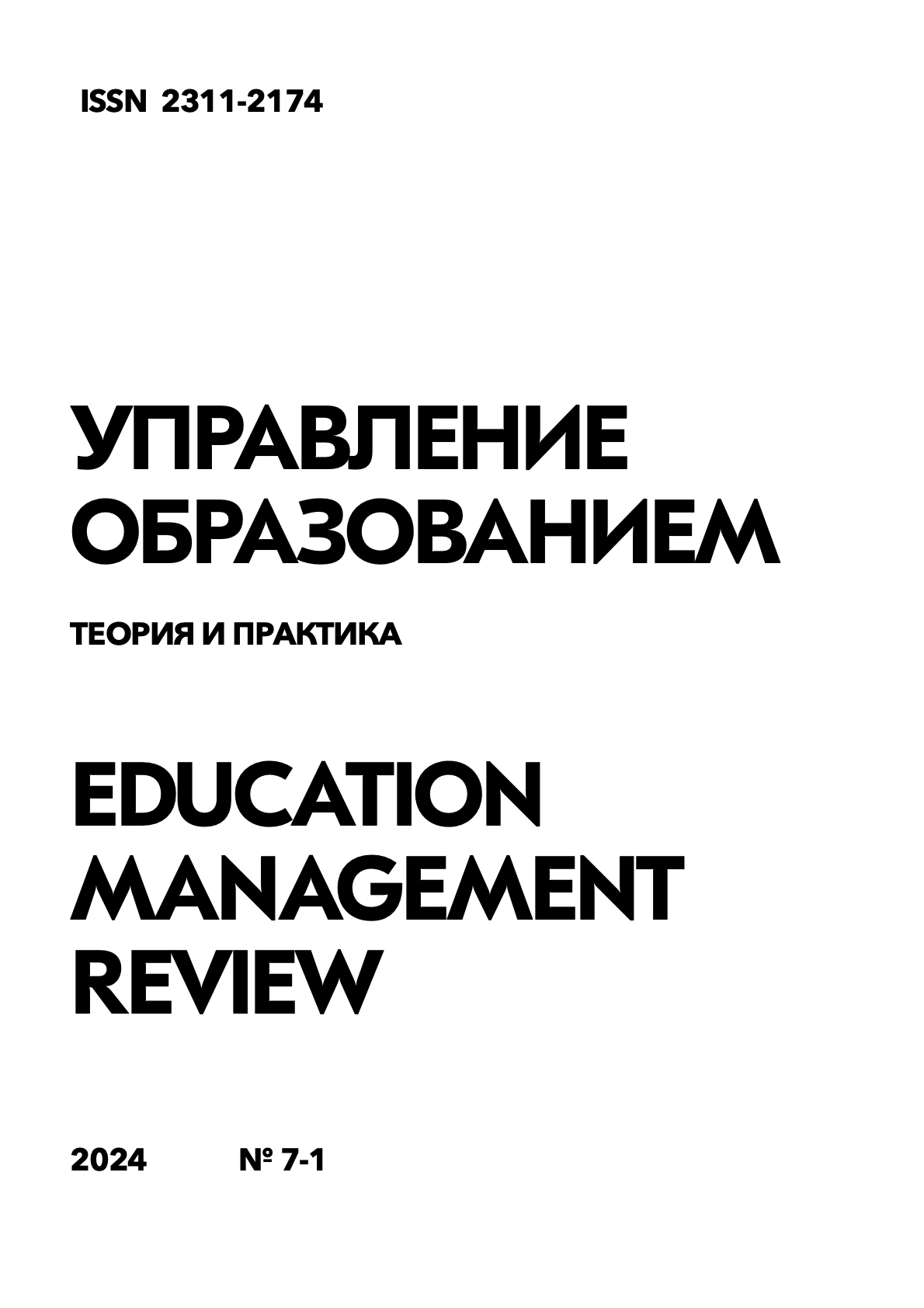Pragmalinguistic analysis of discursive practices in the educational space of the university
Keywords:
pragmalinguistics, academic discourse, speech acts, interactivity, status-role asymmetry, politeness, communicative risks.Abstract
The article is devoted to the pragmalinguistic analysis of discursive practices in the educational space of a modern university. The relevance of the research is due to the need for a comprehensive study of communicative processes in the academic environment, taking into account their pragmatic specificity and socio-cultural context. The purpose of the work is to identify and describe the key pragmalinguistic characteristics of discursive practices in higher education. The tasks include the systematization of theoretical approaches to the analysis of academic discourse, the development of a methodology for pragmalinguistic research, and the collection and analysis of empirical data. The work uses a set of methods of pragmalinguistics, discourse analysis, and corpus linguistics. The material was recordings of lectures, seminars, consultations, exams in humanitarian universities (with a total volume of about 50 hours). Discursive transcription of audio recordings has been carried out taking into account prosodic characteristics. Based on the pragmasemantic markup of texts, a specialized corpus of academic discourse has been formed. It is established that academic discourse is characterized by a high degree of interactivity and is focused on the joint construction of knowledge. The specificity of speech acts, hedging, and means of dialogization in the speech of teachers and students is revealed. The pragmalinguistic markers of status-role asymmetry of communicants are described. Politeness strategies and mechanisms for mitigating communication risks in potentially conflict situations are analyzed. The results of the research contribute to the theory of discourse, pragmalinguistics, and communicative didactics. The obtained data can be used in teaching practice to improve the communicative competence of participants in the educational process. The prospects of the research are related to a more detailed study of the pragmatics of academic discourse in various pedagogical and socio-cultural contexts.
References
Арутюнова Н.Д. Дискурс. Лингвистический энциклопедический словарь. Под. ред. В.Н. Ярцева. М.: Советская Энциклопедия, 1990. С. 136-137.
Баранов А.Н. Лингвистическая теория аргументации (когнитивный подход): автореф. дисс. ... д-ра филол. н. М., 1990. 48 с.
Викулова Л.Г., Шарунов А.И. Основы теории коммуникации: практикум М.: ACT; ACT Москва; Восток-Запад, 2008. 316 с.
Воронцова Т.А., Макарова Н.В., Стернин И.А. Педагогическая коммуникация: учеб. пос. Воронежский государственный университет. Воронеж: ИПЦ ВГУ, 2011. 50 с.
Григорьева В.С. Дискурс как элемент коммуникативного процесса: прагмалингвистический и когнитивный аспекты: монограф. Тамбов: Изд-во Тамбовского государственного технологического университета, 2007. 288 с.
Дридзе Т.М. Текстовая деятельность в структуре социальной коммуникации. Проблемы семиосоциопсихологии. М.: Наука, 1984. 232 с.
Зимняя И.А. Педагогическая психология: учебник для вузов. М.: Логос, 2000. 384 с.
Карасик В.И. Языковой круг: личность, концепты, дискурс. Волгоград: Перемена, 2002. 477 с.
Кашкин В.Б. Основы теории коммуникации: краткий курс. 3-е изд., перераб. и доп. М.: АСТ; Восток-Запад, 2007. 256 с.
Кибрик А.А. Дискурсивные исследования в когнитивной перспективе // Когнитивные исследования. 2010. Вып. 4. С. 78-85.
Леонтьев, А.А. Педагогическое общение. М.; Нальчик: ИЦ Эль-Фа, 1996. 96 с.
Олешков М.Ю. Моделирование коммуникативного процесса: монограф. Нижний Тагил: Нижнетагильская государственная социально-педагогическая академия, 2006. 336 с.
Сидоров Е.В. Проблемы речевой системности. Под ред. В.Н. Ярцевой. М.: Наука, 1987. 140 с.
Archer D., Jaggi Р. Negotiating difference in political contexts: An exploration of hansard // Language and dialogue. 2018. Vol. 8. № 1. pp. 1-34.
Dimitrova-Gjuzeleva, S. Mitigation and boosting strategies in Bulgarian academic discourse // Journal of language and education. 2022. Vol. 8. № 2. pp. 81-103.
Yoon J., Lee L. Communicative strategies in Korean university classrooms // Journal of pragmatics. 2021. Vol. 181. pp. 49-67.
Gee J.P. An introduction to discourse analysis: theory and method. 5th ed. NY.: Routledge, 2021. 272 p
Downloads
Published
How to Cite
Issue
Section
License

This work is licensed under a Creative Commons Attribution-NonCommercial-NoDerivatives 4.0 International License.




